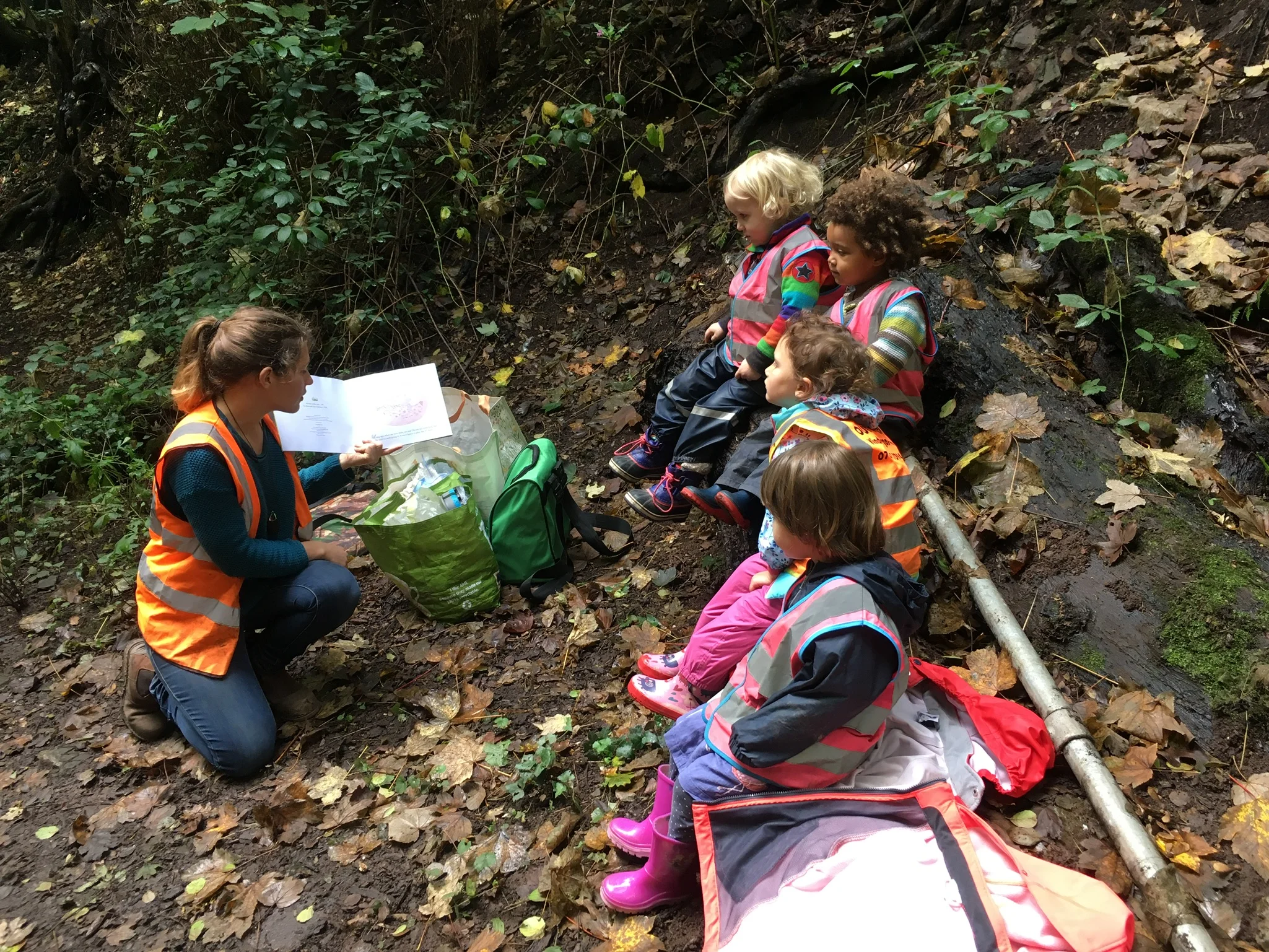FAQs
We hope to be able to answer some of your frequently asked questions on this page. If you can't find what you're looking for, please contact us and we can answer you and add it to the page. These are answered in no particular order.
What is a Kindergarten?
A kindergarten is a more informal kind of preschool, where children below the compulsory age of formal schooling learn through play, social interactions and practical activities as part of the transition from home to school.
Out There Kindergarten is special because we take the word's literal meaning, a garden for the children, and put it into practice as we take the learning outdoors for around 70 - 90% of the day (depending on the time of year). Out There Kindergarten is a garden for the children as we play and explore up to four different green spaces throughout our week. These include different woodlands, parks and an allotment.
Who is Out There Kindergarten for?
Out There Kindergarten is for children and families of all backgrounds. We are an inclusive setting and hope to portray this in our intake of children. Children come from all over Bristol and its surrounding areas, and we promote our setting in various ways to ensure we attract a diverse community. If you are unsure about whether your child would be able to access our services due to a learning difficulty or physical disability, please contact us, and we can discuss your child’s needs in more detail.
Can my child attend Out There Kindergarten and still go to another provider on other days?
It’s up to you how many different providers your child attends in one week, but it’s usual for them to attend 1-3. You can use your (extended) government-funded hours with up to 3 different providers.
About half of the children who attend Out There Kindergarten will also attend another setting (either a nursery or childminder). The other half will solely attend Out There kindergarten.
What works well for our setting is because we are quite different from more traditional providers, children can easily distinguish between going to their day nursery or childminder and going to Out There Kindergarten. Just mention the wellies, waterproof suits and mudslides.
Can I book for just one day?
No, you can’t book your child on for just one day. We suggest that children spend at least two days a week with us,
What happens when the weather is bad?
There is a saying amongst outdoor educators that there is no such thing as bad weather, just inappropriate clothing. However, the realities of the British weather mean that on bad weather days, we might not be outside for the entire day but alternate between indoors and out.
We are lucky in that we have indoor facilities and green spaces right on our doorstep, so even if it’s just for a short walk by the brook to splash in puddles or a trip to the local park to make snow angels, we still get to go outside but can then head back quickly enough to get warm and dry, perhaps before going out in the back garden again. We will ensure children are always appropriately dressed and take spares of everything.
What's a typical day at out there kindergarten?
A typical day with us is not too dissimilar to a day in any other preschool setting. Besides, we are outside for most of the day, and children will have far more access to nature. It is made up of self-registering, getting ready for the day ahead, circle time, planning time in key groups, storytelling, playtime and child-led projects, snack time, more playtime, lunch, reflection time, adult-led activities and home time. These things are all very common in the early-years-education and will help ensure your child is school-ready.
What if I'm late?
Although we ask that parents be with us by 9.10 at the latest, we understand that you may be running late on some days. If we have already set off to the woods or the allotment, you can either catch us up on the walk or meet us there. Just phone the work phone, and we can direct you to where we are.
Where do I park to drop my child off?
Brislington, BS4
We discourage parents from bringing cars down St Anne’s Terrace, and there is no parking on the site. We encourage parents to park on the top road and walk down the lane. You should be able to park-up by the doctor’s surgery on Wick Road, Salisbury Road or St Anne's Park Road.
Is it too much for such young CHILDREN to be outdoors for most of the day?
We don’t think so (based on experience), but you know your child best. If you are in a position to, you could help them adjust by bringing them for half days to start with and then go up to a full day when they are ready.
Although we plan to be outdoors for most of the day, this equates to around four hours a day in the Spring/Summer (10-14.45) and even less through the winter, when we take lunch back at the scout hut. There will be the opportunity to rest at certain points throughout the day, and we have cosy spaces for children to snuggle down with a blanket and cushion.
If the general feeling of the group is to head back to base camp, then we will follow the children's lead and go with what the group decides. Back at base camp, children can snuggle down with a book, play outside in the mud kitchen, play games etc.
My child is shy/anxious at times, is Out There suitable for them?
Out There is perfect for all children, especially those who might struggle to be heard (often referred to as the invisible child) in a more traditional setting. Being outdoors (and participating in forest school) has been proven to increase children’s overall confidence and help with self-esteem. Usually, quiet children tend to speak out more in an outdoor setting. Read more about the benefits of outdoor play and learning here.
It’s also very natural for a child to be shy and even a little anxious when starting somewhere new. We understand this and can plan for a settling-in period unique to the child. We hope your child will settle quickly, especially as they will have a key person to help them.
How do you keep children safe on public land?
Our top priority is ensuring that children are always safe, whether playing in the woods or walking on the pavements by a busy road. We have very thorough risk assessments and policies that ensure children’s safety.
We have a smaller than average intake and higher adult: child ratios than many traditional nursery or preschool settings. Children must always be within sight of the adult and vice versa, meaning they are supervised at all times. The key person and their key children also wear the same colour high viz whilst out, to support headcounts, which happen frequently.
The walk to and from Nightingale Valley Woods and the allotment is along a footpath, away from main roads. When walking to the park, St Anne’s woods or on trips, we use a ‘walking bus’ system, with children in pairs, holding hands and adults strategically placed in the line. We have a ‘safety’ discussion at the start of each walk.
Although two of the sites we use are public land, we see very few public members there during the day, apart from the odd dog walker, as it is off the main path. However, we use orange cones to mark our boundaries, and children know they should not go outside the cones. This is covered in our ‘Forest Code’, which we go through at the start of every ‘Forest School’ session around the fire circle.
HOW DO YOU HELP CHILDREN TO SETTLE IN?
Certainly, we encourage settling in the process for the first few weeks, which involves a few hours, followed by a half-day and then a full day. Parents are welcome to stay for the first part of the session (from 9.00-9.30), but after that time, we believe it works best for everyone if parents say a quick goodbye and return a few hours later. Please speak to us in person or over the phone if you'd like to discuss your child’s ‘settling in’ time with us in more detail.
CAN I ARRANGE A VISIT?
We welcome visits from parents and children at certain times throughout the year. If there are still places available, visits can be arranged in the first 3 weeks of any new term (September, January, April) to take up a place immediately.
We hold 4 ‘see and play’ sessions throughout the year (Autumn, Winter, Spring and Summer) for parents keen to come and see what we do and look around with the view to registering for future intakes.

